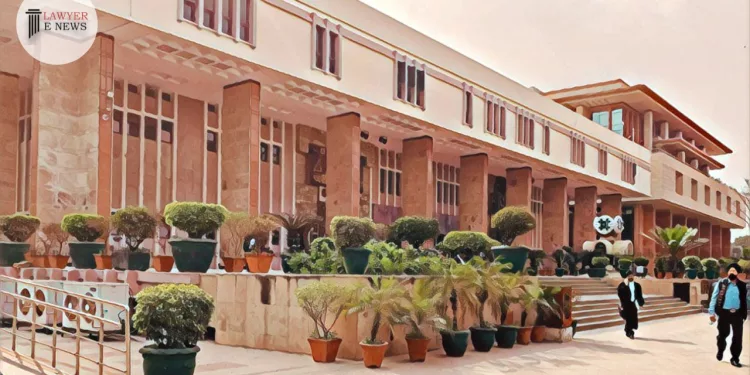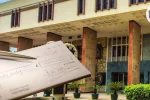Procedural timelines should not impede justice where sufficient cause is shown: Delhi High Court Allows Delay in Filing Written Statement

The Delhi High Court, in a significant ruling, has allowed the condonation of a 125-day delay in filing written statements by the defendants in a suit for partition, possession, recovery, damages, and injunction. The judgment, delivered by Justice Shalinder Kaur, underscores the principle that procedural timelines should not obstruct the delivery of justice when sufficient cause is demonstrated.
Balancing Procedural Compliance and Justice: Justice Kaur highlighted the directive nature of Order VIII Rule 1 of the Code of Civil Procedure, 1908 (CPC), as interpreted in the landmark case of Kailash v. Nankhu. “Courts must balance procedural compliance with the interest of justice,” the judgment stated, emphasizing that the strict adherence to procedural timelines should not lead to injustice.
Credibility of the Petitioners’ Circumstances: The High Court took into consideration the personal hardships and unavoidable circumstances cited by the petitioners, Savitri Goel and another. Petitioner No. 1, a 75-year-old widow suffering from various illnesses and personal losses, including the deaths of her son and daughter-in-law, was unable to engage an advocate promptly. Petitioner No. 2, a senior citizen who had undergone knee replacement surgery and was involved in his son’s wedding, also faced delays due to illness.
The court reiterated the principles set forth in Kailash v. Nankhu and Salem Advocate Bar Association v. Union of India, affirming that the time limits under Order VIII Rule 1 CPC are directory and not mandatory. “The purpose of procedural laws is to ensure a fair adjudication process, not to create insurmountable barriers to justice,” Justice Kaur noted. The judgment highlighted that the defendant’s right to present a defense should not be forfeited due to procedural delays, especially when justified by compelling reasons.
Justice Shalinder Kaur remarked, “While procedural laws are essential for the efficient functioning of the legal system, an overly rigid application can lead to unjust outcomes.” The court further stated, “The evidence of the parties is yet to start, and in the interest of justice, petitioners are allowed to place written statements on record.”
The High Court’s decision to condone the delay subject to costs underscores the judiciary’s commitment to ensuring substantive justice over procedural technicalities. By allowing the written statements to be taken on record, the judgment reinforces the principle that justice should not be sacrificed at the altar of procedural rigidity. This ruling is expected to impact future cases by emphasizing the judiciary’s discretion in balancing procedural compliance with the overarching goal of justice.
Date of Decision: May 24, 2024
Savitri Goel & Anr. Vs. Parvesh Arora




